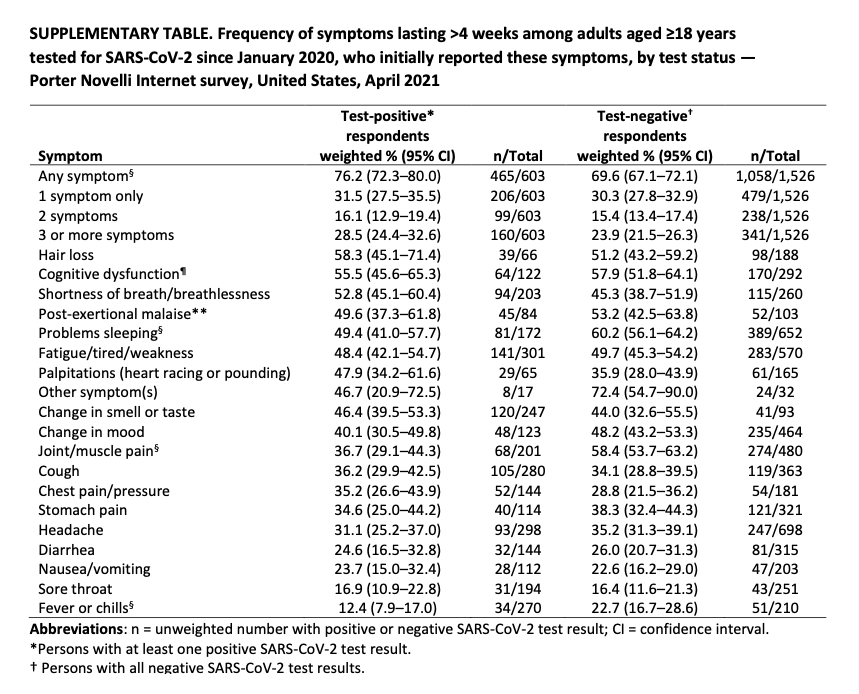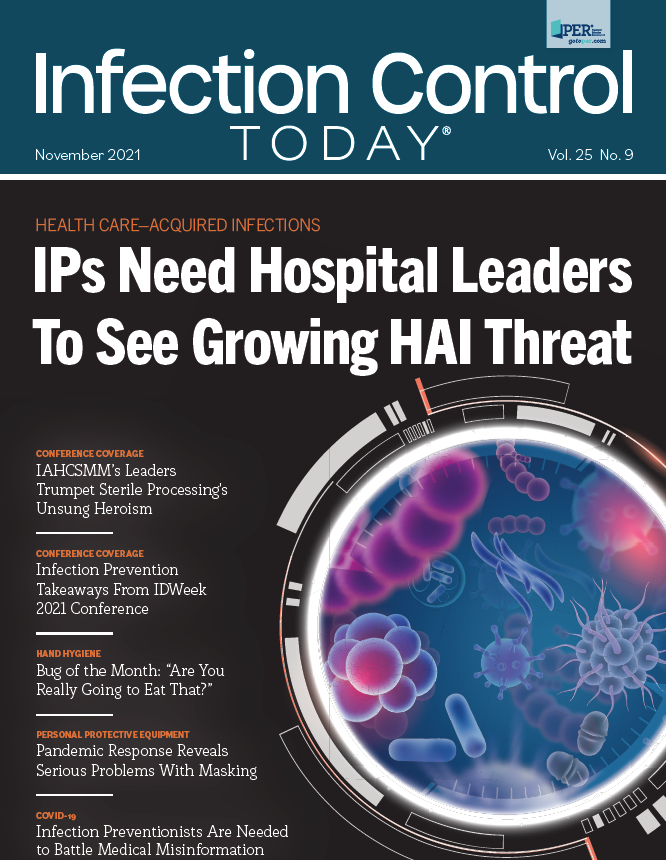Massive Study of Long COVID-19 Is Launched
The National Institutes of Health yesterday unveiled a $470 million study that it hopes will mine data from 30,000–40,000 people who suffer from long COVID. Right now, there are more questions than answers.
Medical experts intend to take a closer look at long COVID-19, one of the more troublesome unknowns of the pandemic. Individuals who suffer from long COVID-19 exhibit acute symptoms from SARS-CoV-2 infection that can linger for months. Experts do not know whether they can do so for years; the disease has not been around long enough to make that determination.
The National Institutes of Health (NIH) on September 15, 2021, unveiled a $470 million study it hopes will mine data from 30,000 to 40,000 individuals who suffer from long COVID-19.1 The effort is called the REsearching COVID to Enhance Recovery (RECOVER) Initiative.2
Francis Collins, MD, PhD, director of the National Institutes of Health

NIH Director Francis Collins, MD, PhD, voiced some questions driving the need for answers. For instance, what causes long COVID-19? (The scientific name for long COVID-19 is PASC [postacute sequalae of SARS-CoV-2]).
Collins asked: “Is it a misfiring of the immune system that fails to reset after the infection with this coronavirus? Is it a triggering of some metabolic dysfunction? We don’t know.”
The CDC, in a recent study in its Morbidity and Mortality Weekly Report, says long COVID-19 symptoms exceed 4 weeks “among [individuals] who self-reported ever receiving a positive SARS-CoV-2 test result with the prevalence of similar symptoms among [individuals] who reported always receiving a negative test result.”3
The self-reported aspect of long COVID-19 tracking matters because medical experts, as Collins said, still do not know what it is. Self-reporting will be an important element of RECOVER; the NIH has set up a website where volunteers may sign up.
The CDC says long COVID-19 symptoms can include hair loss, cognitive dysfunction, muscle pain, headache, and joint pain.
Collins said that “the diversity of symptoms and presentations leads us to believe that long COVID-19 is not just 1 condition. The only way, therefore, we’re going to sort this out is with very large studies that collect lots of data about symptoms, physical findings, and laboratory measures.”
Source: Centers for Disease Control and Prevention

RECOVER will involve more than 100 researchers at over 30 institutions across the United States. As with everything involving an ever-mutating virus, getting the information quickly matters. Among the sources for data will be wearable devices. Data will also be retrieved from laboratory tests, clinical information, and an analysis of those in various stages of recovery from COVID-19. “With immediate access to data from existing, diverse study populations, it is anticipated researchers will be able to accelerate the timeline for this important research,” the NIH said in its news release.
Of immediate concern is multisystem inflammatory syndrome in children
(MIS-C). The RECOVER project will mine data about MIS-C and multisystem inflammatory syndrome in adults.
According to the CDC, MIS-C “is a condition where different body parts can become inflamed, including the heart, lungs, kidneys, brain, skin, eyes, or gastrointestinal organs.”4 As with long COVID-19, the CDC does not “yet know what causes MIS-C. However, many children with MIS-C had the virus that causes COVID-19 or had been around someone with COVID-19.”
Linda Spaulding, RN-BC, CIC, a member of Infection Control Today®’s (ICT®) Editorial Advisory Board, told ICT® in a Q&A in February that it is a mistake to underestimate the harm COVID-19 can do to younger individuals.5
“[Individuals] keep talking about, ‘Well, the young kids, they’ll get it. They’ll get over it. It’s no big deal.’ But that’s not the reality of it. There are many young kids who have gotten COVID-19 and are now dealing with what they’re calling long-haulers disorder. That’s when they do have heart damage or lung damage. And from what we know it appears that will be lifelong. The young [individuals who] think, ‘Oh, I can go do what I want to do. And if I get COVID-19, that’s fine. I’ll get over it.’ That’s not the case.”
References:
- NIH builds large nationwide study population of tens of thousands to support research on long-term effects of COVID-19. News release. National Institutes of Health. September 15, 2021. Accessed October 3, 2021. https://www.nih.gov/news-events/news-releases/nih-builds-large-nationwide-study-population-tens-thousands-support-research-long-term-effects-covid-19
- RECOVER: REsearching COVID to Enhance Recovery. National Institutes of Health. Accessed October 3, 2021. https://recovercovid.org/
- Wanga V, Chevinsky JR, Dimitrov LV, et al. Long-term symptoms among adults tested for SARS-CoV-2 - United States, January 2020-April 2021. MMWR
Morb
Mortal
Wkly
Rep. 2021;70(36):1235-1241. doi:10.15585/mmwr.mm7036a1 - Multisystem inflammatory syndrome (MIS). CDC. Updated June 25, 2021. Accessed October 2, 2021. https://www.cdc.gov/mis/index.html?CDC_AA_refVal=https%3A%2F%2Fwww.cdc.gov%2Fmis-c%2Findex.html
- Diamond F. Q&A: MIS-C means kids not out of the COVID-19 woods. Infection
Control
Today®. February 26, 2021. Accessed October 2, 2021. https://www.infectioncontroltoday.com/view/q-a-mis-c-means-kids-not-out-of-the-covid-19-woods
